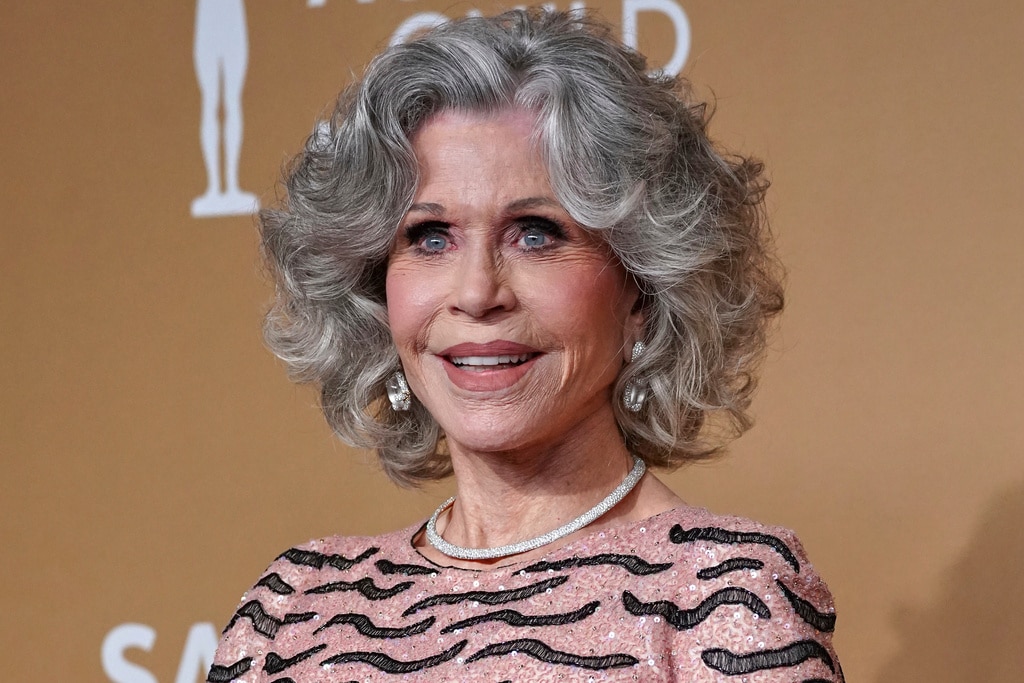NEW YORK (AP) — Drawing upon her personal and political past, actress Jane Fonda has revived an activist group from the Cold War era that was backed by her father and fellow Oscar winner, Henry Fonda.
Jane Fonda announced she had launched a 21st century incarnation of the Committee for the First Amendment, originally formed in 1947 in response to congressional hearings aimed against screenwriters and directors — notably the so-called “Hollywood Ten” — and their alleged communist ties. Signers of the new organization’s mission statement include Florence Pugh, Sean Penn, Billie Eilish, Pedro Pascal and hundreds of others.
The news on Oct. 1 came in the wake of Jimmy Kimmel’s brief suspension by ABC over his on-air comments after conservative activist Charlie Kirk’s assassination. President Donald Trump was among those who had wanted Kimmel to be fired.
“The federal government is once again engaged in a coordinated campaign to silence critics in the government, the media, the judiciary, academia, and the entertainment industry,” the committee’s mission statement reads in part.
“We refuse to stand by and let that happen. Free speech and free expression are the inalienable rights of every American of all backgrounds and political beliefs — no matter how liberal or conservative you may be. The ability to criticize, question, protest, and even mock those in power is foundational to what America has always aspired to be.”
The Fondas each have had long histories of activism, whether Jane Fonda’s opposition to the Vietnam War or Henry Fonda’s prominent support for Democratic Party candidates, including John F. Kennedy, for whom the elder Fonda appeared in a campaign ad in 1960.
Henry Fonda, who died in 1982, joined the 1947 First Amendment committee along with such actors and filmmakers as Humphrey Bogart, John Huston, Lucille Ball and Frank Sinatra. Although highly publicized at the time, the committee had a short and troubled history. Bogart and others would find themselves accused of communist sympathies and would express surprise when a handful of the Hollywood Ten, including screenwriter Dalton Trumbo, turned out to have been communist Party members at one time.
By the following year, Bogart had published an essay in Photoplay magazine entitled “I’m No Communist,” in which he confided that “actors and actresses always go overboard about things” and warned against being “used as dupes by Commie organizations.” Trumbo and others in the Hollywood Ten would be jailed for refusing to cooperate with Congress and found themselves among many to be blacklisted through the end of the 1950s and beyond.
The Free Speech Center newsletter offers a digest of First Amendment and news-media news every other week. Subscribe for free here: https://bit.ly/3kG9uiJ
